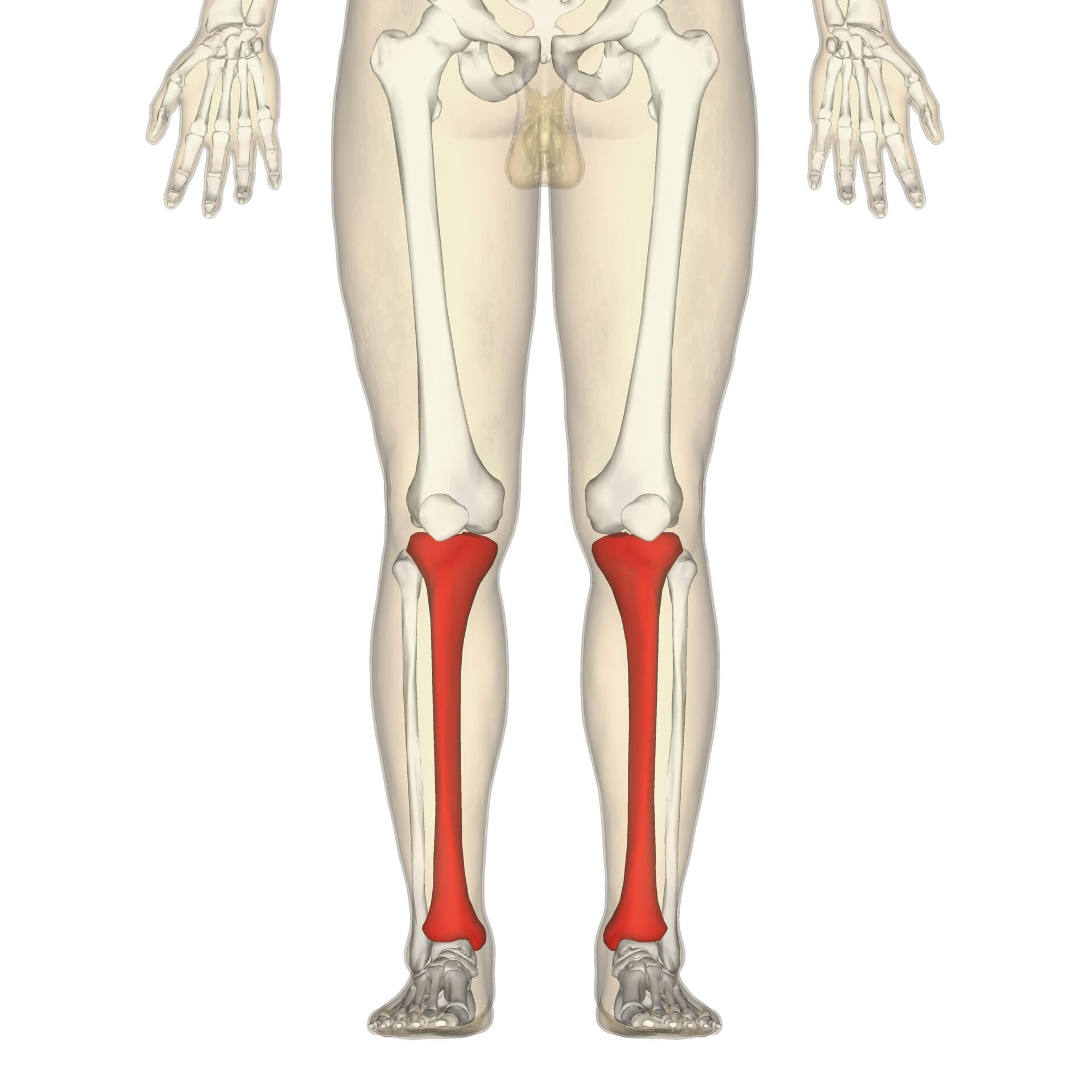What is Height Dysphoria?
Height dysphoria is a psychological condition where an individual experiences significant distress and dissatisfaction with their height. This condition can affect anyone, but it is particularly common among individuals who feel their height is outside the societal norms, either being too short or too tall. Those with height dysphoria may feel inadequate, self-conscious, and suffer from low self-esteem. It is essential to recognize that height dysphoria is a legitimate mental health concern that can impact an individual’s overall well-being and quality of life.
Height dysphoria is often associated with body dysmorphic disorder (BDD), a condition where an individual obsessively focuses on perceived flaws in their appearance. For some, this distress centers specifically around their height, leading to a range of emotional and psychological challenges. Understanding the nature of height dysphoria is the first step towards seeking help and finding effective treatment options.
What is Body Dysmorphic Disorder?
Body dysmorphic disorder (BDD) is a mental health condition characterized by obsessive thoughts about perceived flaws or defects in one’s physical appearance. These flaws are often minor or even imagined, but they cause significant distress and can interfere with daily functioning. BDD can focus on any part of the body, including height, leading to height dysphoria.
Symptoms of Height Dysphoria
Individuals experiencing height dysphoria may exhibit a range of symptoms that affect their daily lives. These symptoms often include persistent dissatisfaction with one’s height, anxiety in social situations, and avoidance of activities that draw attention to their height. Physical symptoms may manifest as a result of the mental strain, such as headaches or stomachaches.
Other common symptoms include comparing oneself to others, obsessive thoughts about height, and engaging in behaviors aimed at altering or hiding one’s height. For instance, someone with height dysphoria too tall might slouch or wear flat shoes to appear shorter. Recognizing these symptoms is crucial for seeking appropriate treatment and support.
Causes of Height Dysphoria
The exact causes of height dysphoria can vary widely among individuals. Genetic factors, cultural and societal pressures, and personal experiences all play a role in the development of this condition. For some, a family history of body image issues or mental health conditions can increase the likelihood of developing height dysphoria.
Cultural standards and media portrayal of ideal body types also contribute significantly. In some cases, teasing or bullying during childhood about one’s height can lead to lasting impacts on self-esteem and body image. For FTM height dysphoria, gender dysphoria may intersect with height concerns, as transgender individuals may struggle with their height aligning with their gender identity.
How Height Dysphoria Affects Mental Health?
Height dysphoria can have profound effects on an individual’s mental health. It can lead to conditions such as depression, anxiety, and social withdrawal. The constant worry and dissatisfaction can also result in decreased productivity and overall life satisfaction. Understanding these impacts is essential for seeking comprehensive treatment.
Coping Strategies for Height Dysphoria
Learning how to deal with height dysphoria involves adopting effective coping strategies and seeking professional support. Cognitive-behavioral therapy (CBT) is a common and effective treatment that helps individuals challenge and change negative thought patterns related to their height. Therapy can also assist in building self-esteem and developing a healthier body image.
In addition to professional help, support from family and friends is invaluable. Engaging in activities that boost self-confidence, such as hobbies or exercise, can also be beneficial. Some may find it helpful to join support groups where they can share experiences and coping strategies with others facing similar challenges. For those considering medical options, consulting with a healthcare professional about potential height dysphoria treatment is crucial for finding a suitable and safe solution.


